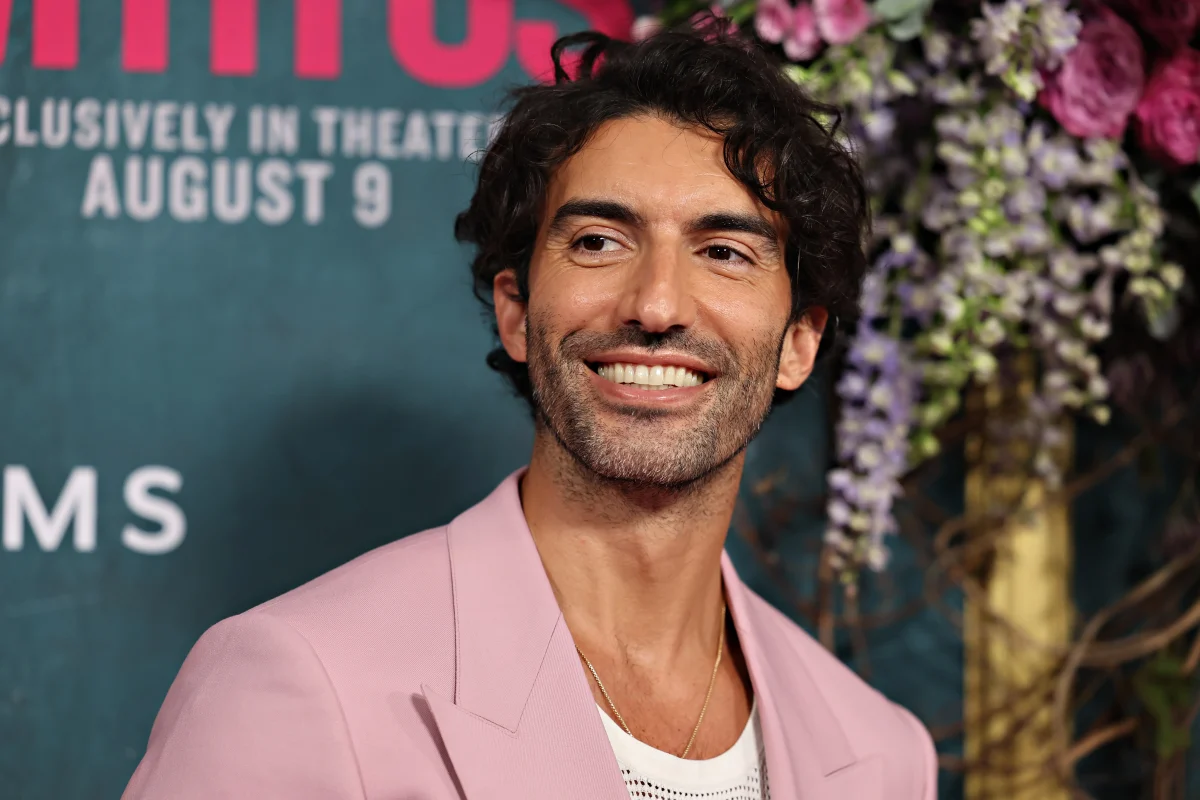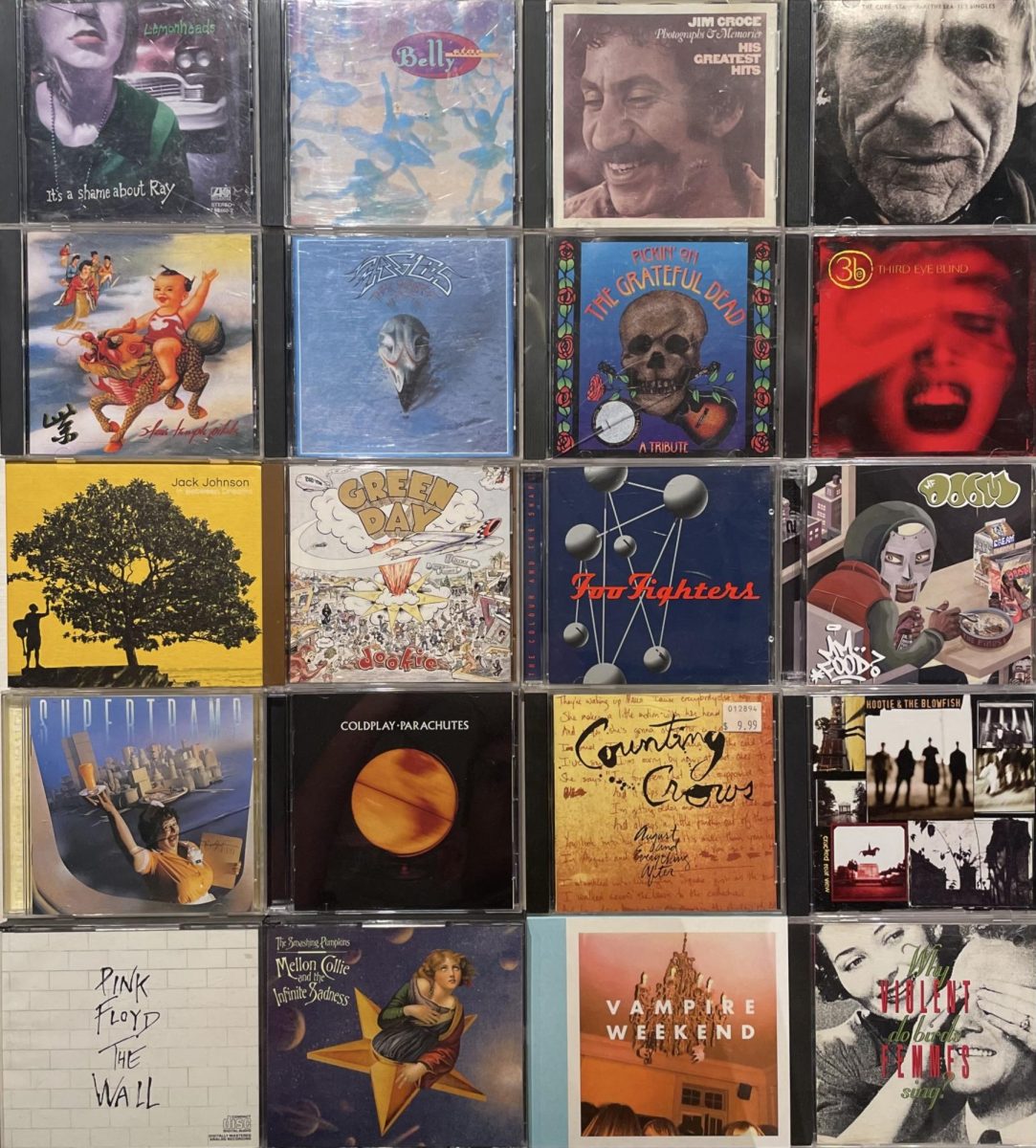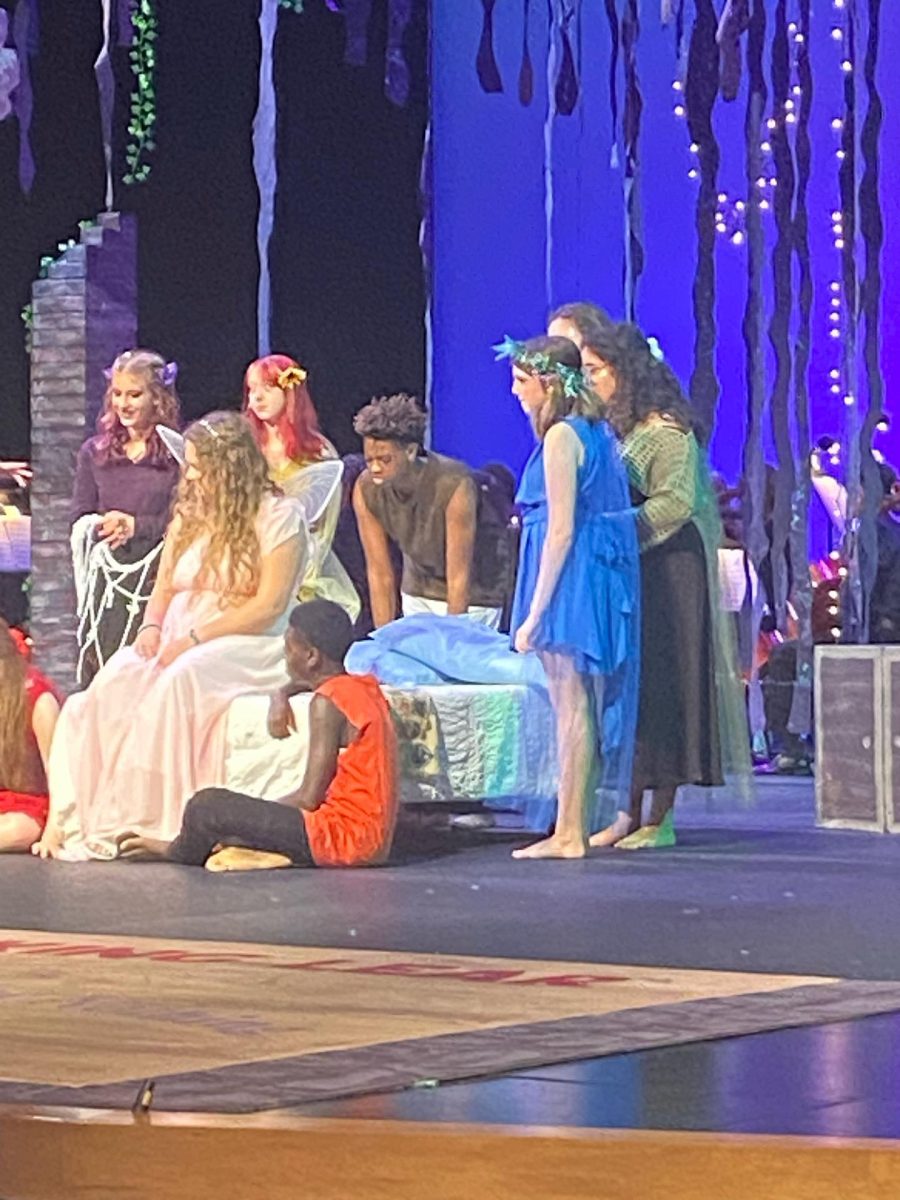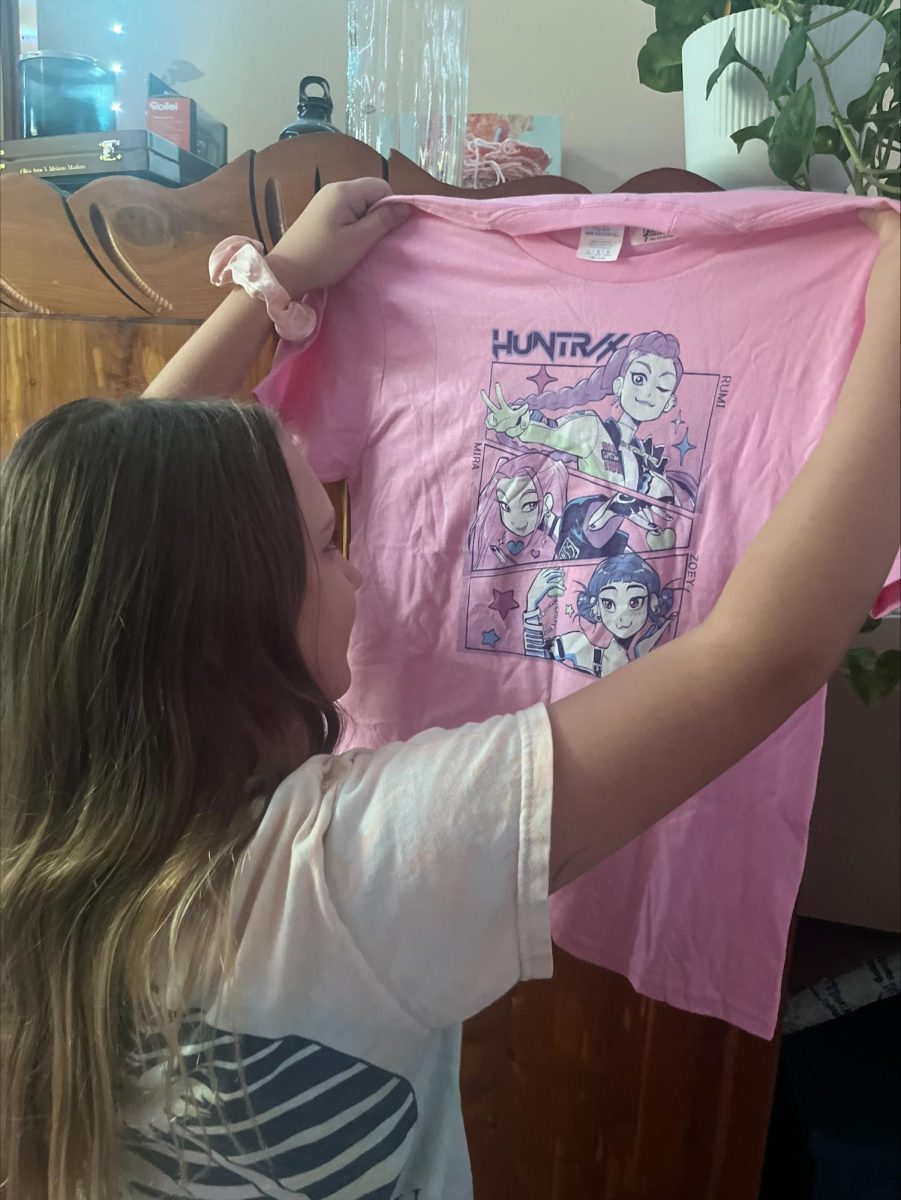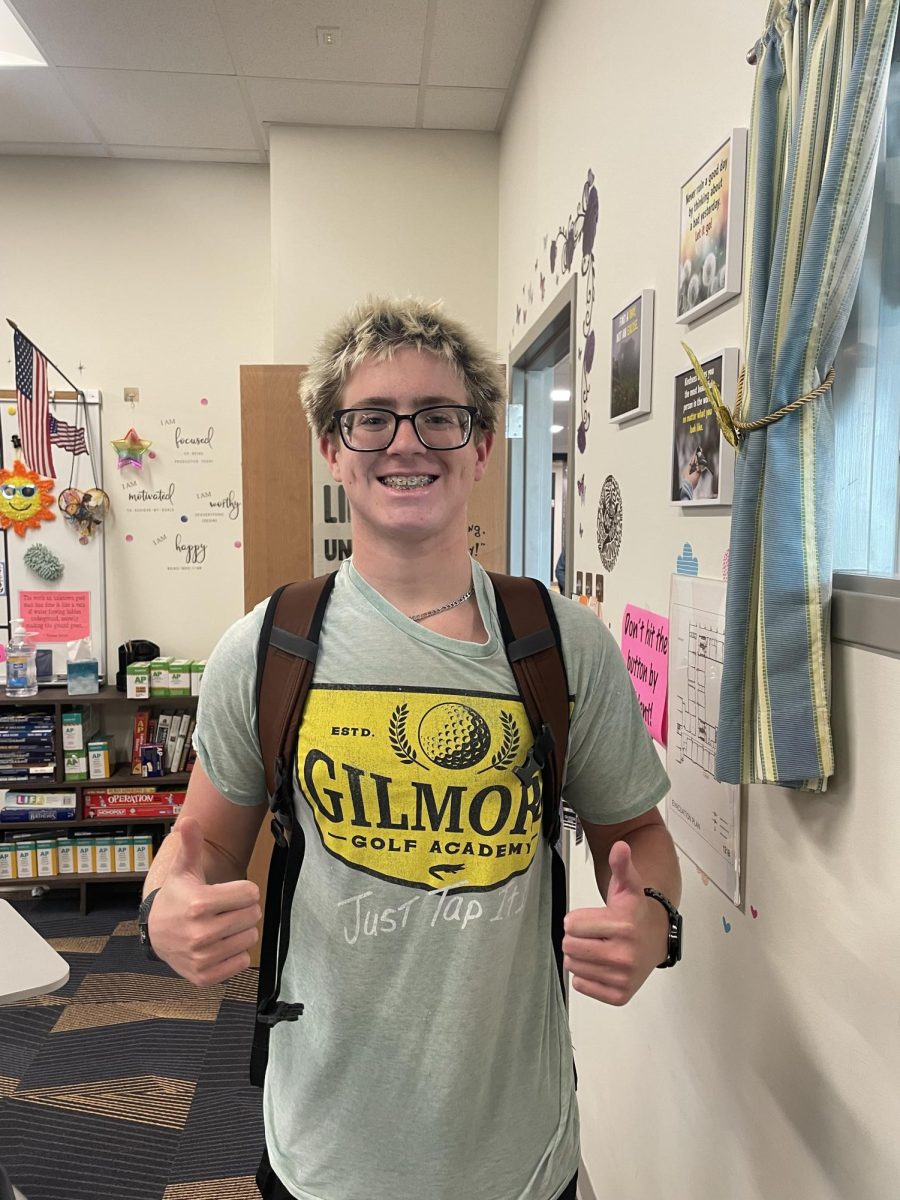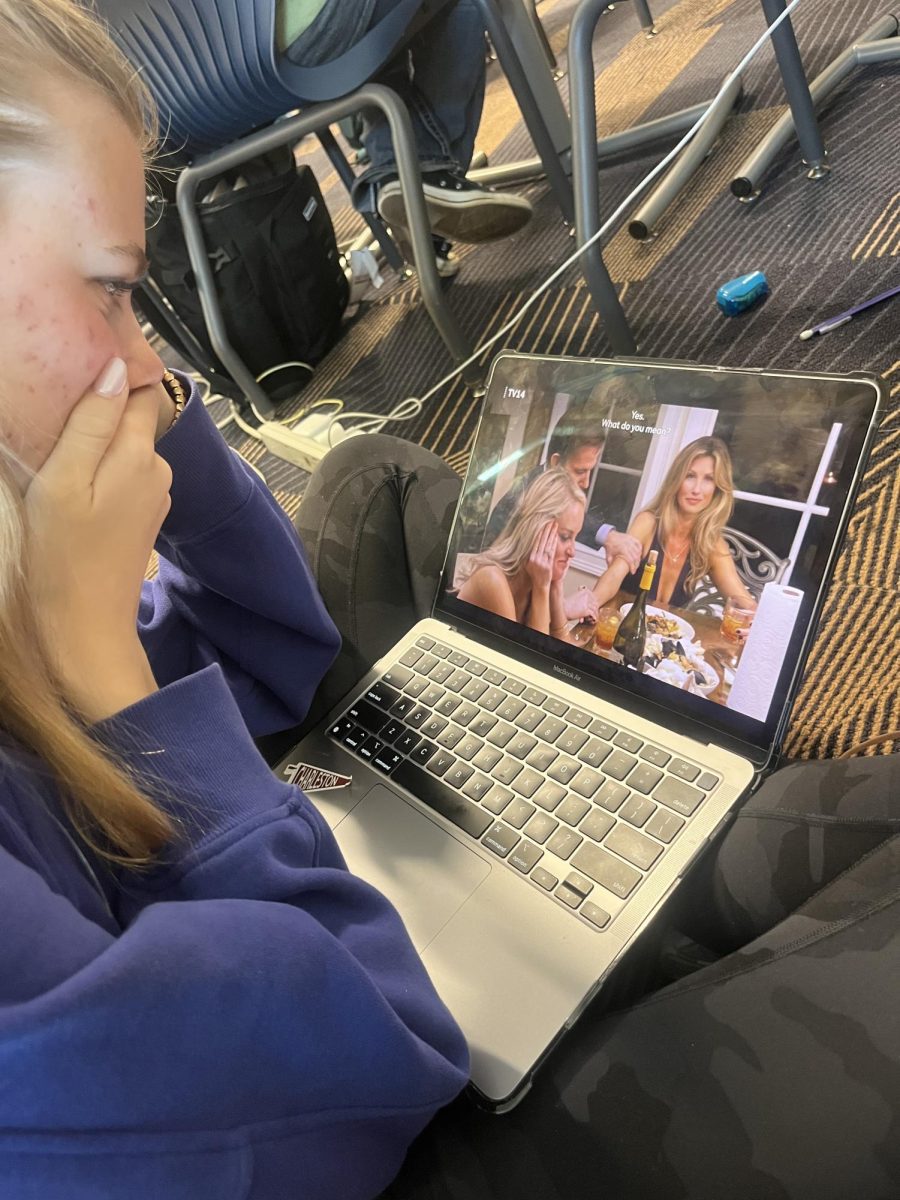Justin Baldoni is many things – an actor, director, author and entrepreneur. Most of all, he is a man on a mission.
Through directing movies such as “Clouds,” “Five Feet Apart” and “It Ends With Us,” Baldoni is making an effort to spread inspirational movies that show the championing of the human spirit and inspire social change.
In 2012, Baldoni made his directorial debut with the docuseries “My Last Days” that told the story of living, by people who were living with terminal illnesses.
When asked by “Sojourners” magazine in 2019 about what inspired him to make films about topics such as terminal illnesses, Baldoni attributed it to his journey of trying to find his purpose in the world which led him to create “My Last Days.”
“My belief was that in telling those stories it could help us remember our own and help shine a mirror on how we’re spending our own time,” Baldoni said. “I want to create shows and content that help us remember our shared humanity.”
While traveling around the United States for “My Last Days,” Baldoni became inspired by a woman named Claire Wineland who was living with cystic fibrosis. Together, they spent hours developing the script for the movie “Five Feet Apart.”
“Five Feet Apart” follows two teenagers with cystic fibrosis who are not allowed to be closer than six feet from each other. The movie tells the story that reminds people that sometimes love is worth fighting for even if the odds are stacked against you.
Anne Caroline Greer (12) read “Five Feet Apart” along with watching the movie.
“I think five feet apart is a really good story and shows how people with terminal illnesses can lead normal lives,’ Greer said.
His latest movie, “It Ends with Us,” is based on author Colleen Hoover’s bestselling novel that follows protagonist Lily Bloom as she navigates complex relationships and struggles with the realities of domestic violence.
While being interviewed by CBS News about what he hopes people will take away from his newest movie, Baldoni said he hopes to change the narrative surrounding domestic violence.
“The question that’s always asked [when discussing domestic violence] is ‘why did she stay?’ And that’s the wrong question,” Baldoni said. “We need to be asking ourselves ‘why do men harm?’”


